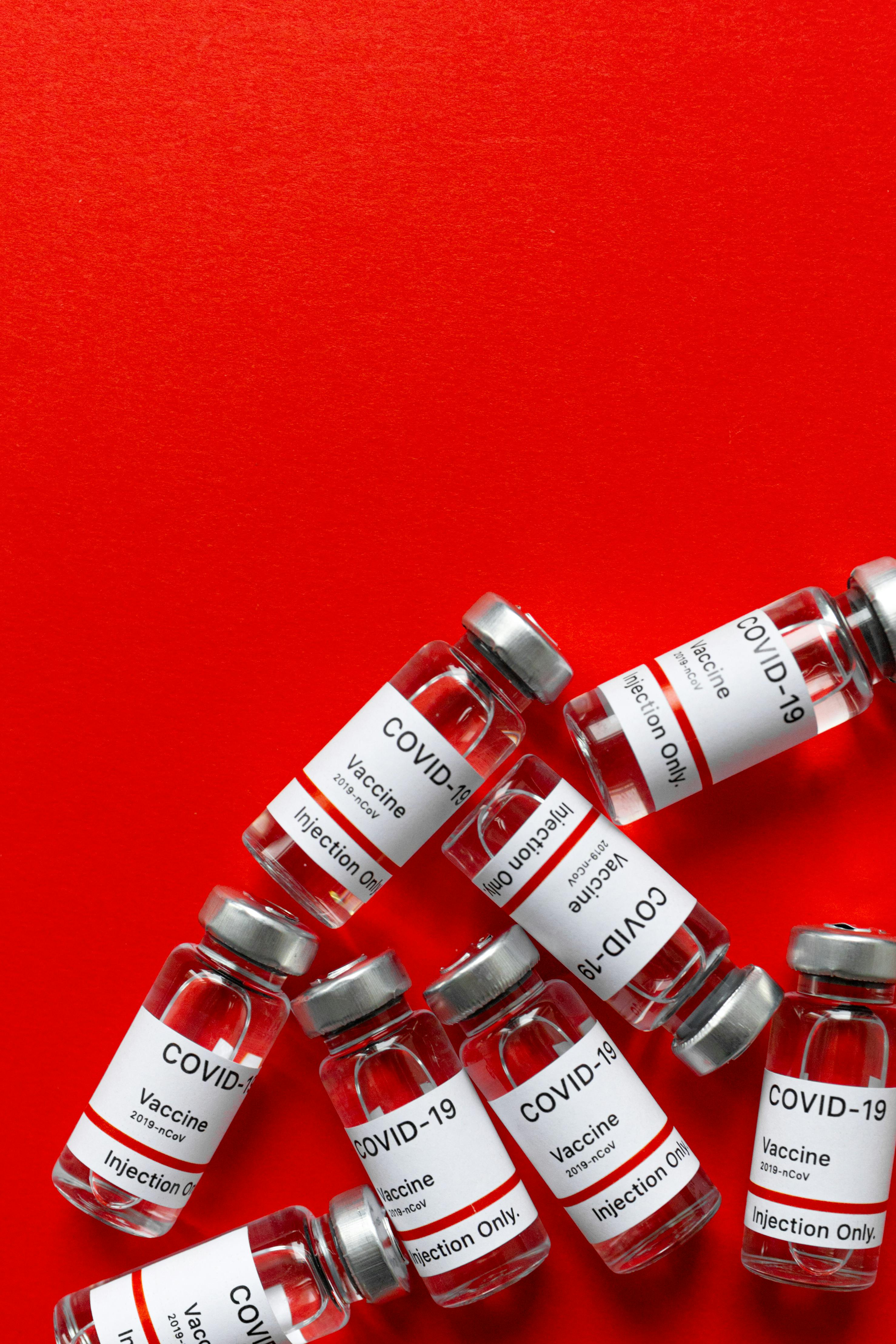Cognitive distortions and information avoidance drive resistance to COVID vaccines.
Recent research has revealed that the refusal to receive vaccines is often linked to cognitive biases and the deliberate avoidance of important information about this preventive option. A new study, involving 1,200 participants in the U.S., explored how people with differing pre-existing views on vaccines processed information about COVID-19 vaccines. Participants were divided into three groups: anti-vaccination, neutral, and pro-vaccination. Researchers sought to understand why, despite overwhelming evidence supporting vaccines, some people still resist getting vaccinated. One of the key findings was the concept of “deliberate ignorance,” where individuals “purposely avoid engaging with information that could influence their views.” This tendency was particularly noticeable among those with anti-vaccine attitudes.
Deliberate ignorance was seen as a “protective mechanism,” allowing people to avoid discomfort associated with receiving information that might challenge their existing beliefs. The study also identified cognitive distortions, such as loss aversion and probability neglect, as significant contributors to vaccine refusal. Loss aversion refers to the tendency to weigh potential risks (such as vaccine side effects) more heavily than potential benefits. Probability neglect occurs when individuals focus on the presence of potential side effects without considering their statistical likelihood.
Even those participants in the neutral or pro-vaccination groups were found to exhibit some level of probability neglect. This suggests that people across all groups are more likely to focus on the possibility of side effects rather than their actual chances of occurring. However, individuals who thoroughly analyzed the information provided, showing no deliberate ignorance, were generally more willing to accept vaccines, regardless of their initial point-of-view on the subject.

The study employed several methods to gather and analyze data, including a Mouselab task where participants reviewed clinical information about vaccines, followed by a willingness-to-pay task, and a survey assessing changes in vaccination attitudes. The researchers also used computational modeling to assess how cognitive distortions influenced participants’ decision-making processes.
The research revealed that participants in the anti-vaccination group were more likely to ignore key information entirely, especially details about the benefits of vaccination. On the other hand, those in the neutral and pro-vaccination groups tended to engage more deeply with the provided information. Despite this, all groups exhibited some degree of purposeful side-effect avoidance, where the risks of vaccines were exaggerated in their decision-making.
The implications of these findings are significant for public health communication. Traditional approaches to vaccine promotion often focus on providing factual information about the benefits and risks. However, this study suggests that such strategies may be ineffective in changing the minds of those who are already hesitant or opposed to vaccines. Instead, the researchers recommend developing new communication techniques that account for cognitive biases and the varying ways people process information based on their pre-existing beliefs.cha
The findings also highlight the role of psychology in vaccine refusal. People’s aversion to side effects, along with their tendency to ignore probabilities, suggests that messaging focused on statistical data alone may not be enough to persuade certain groups. Public health campaigns may need to incorporate emotional and psychological elements that address these cognitive distortions, helping individuals better understand the true risks and benefits of vaccines.
Source:
Cognitive distortions and deliberate ignorance lead to COVID-19 vaccine refusal, study says
COVID-19 vaccine refusal is driven by deliberate ignorance and cognitive distortions


Join the conversation!